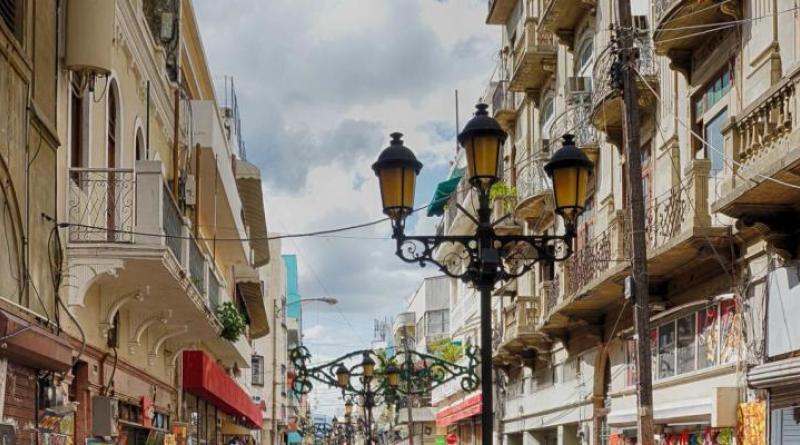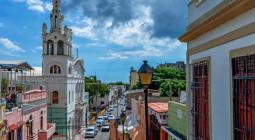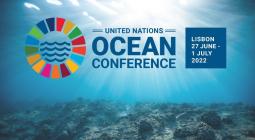Latin America and the Caribbean Climate Week Set to Advance Climate Action in the Region

In less than a month, Latin America and the Caribbean Climate Week (LACCW 2022) will open in Santo Domingo, marking a return to in-person climate weeks in the region.
Climate Week sessions will discuss topics relevant to the region, including urban planning, nature-based solutions, agriculture and financing the future. Public and private sector leaders can tailor a programme to their own net-zero transformation, find common ground through collaboration and forge partnerships for climate action.
With more voices at the table and more collaborators to connect with, LACCW 2022 will advance climate action in the LAC region and contribute to global progress on climate change.
The initial schedule for LACCW 2022 has been published with high-level sessions for Ministers together with a wide range of side events, providing opportunities for stakeholders to engage. Key opportunities and challenges identified at LACCW 2022 will be brought forward to the November UN Climate Change Conference COP27 in Sharm El-Sheikh, Egypt.
Government officials, private sector leaders, development organizations, youth and civil society are encouraged to register now for LACCW 2022 to join the event and stay up to date. LACCW 2022 will be held from 18-22 July in Santo Domingo.
LACCW 2022 is hosted by the Government of the Dominican Republic and organized by UN Climate Change in collaboration with global partners UN Development Programme, UN Environment Programme and the World Bank Group. Partners in the region include the Economic Commission for Latin America and the Caribbean (UNECLAC), the CAF–Development Bank of Latin America, and the Inter-American Development Bank (IDB).
LACCW 2022 is part of the Regional Climate Weeks 2022 series. The series continues with Africa Climate Week 2022 in Libreville, Gabon from 29 August to 1 September. MENACW 2022 kicked off the series in March in Dubai and engaged almost 4,000 people over four days.
Visit www.regionalclimateweeks.org to explore the Regional Climate Weeks 2022 and see how they are making a difference on climate change in key regions.
MORE INFORMATION
- For media inquiries, contact UN Climate Change at press@unfccc.int. For inquiries in Spanish, please contact Lara Munoz Pelaez at LMunozPelaez(at)unfccc.int and SFayoumi@unfccc.int
- For more information, visit www.regionalclimateweeks.org
- Join the conversation on social media using the hashtag #ClimateWeekLAC
About the UNFCCC
With 197 Parties, the United Nations Framework Convention on Climate Change (UNFCCC) has near universal membership and is the parent treaty of the 2015 Paris Climate Change Agreement. The main aim of the Paris Agreement is to keep a global average temperature rise this century well below 2 degrees Celsius and to drive efforts to limit the temperature increase even further to 1.5 degrees Celsius above pre-industrial levels. The UNFCCC is also the parent treaty of the 1997 Kyoto Protocol. The ultimate objective of all agreements under the UNFCCC is to stabilize greenhouse gas concentrations in the atmosphere at a level that will prevent dangerous human interference with the climate system, in a time frame which allows ecosystems to adapt naturally and enables sustainable development.





